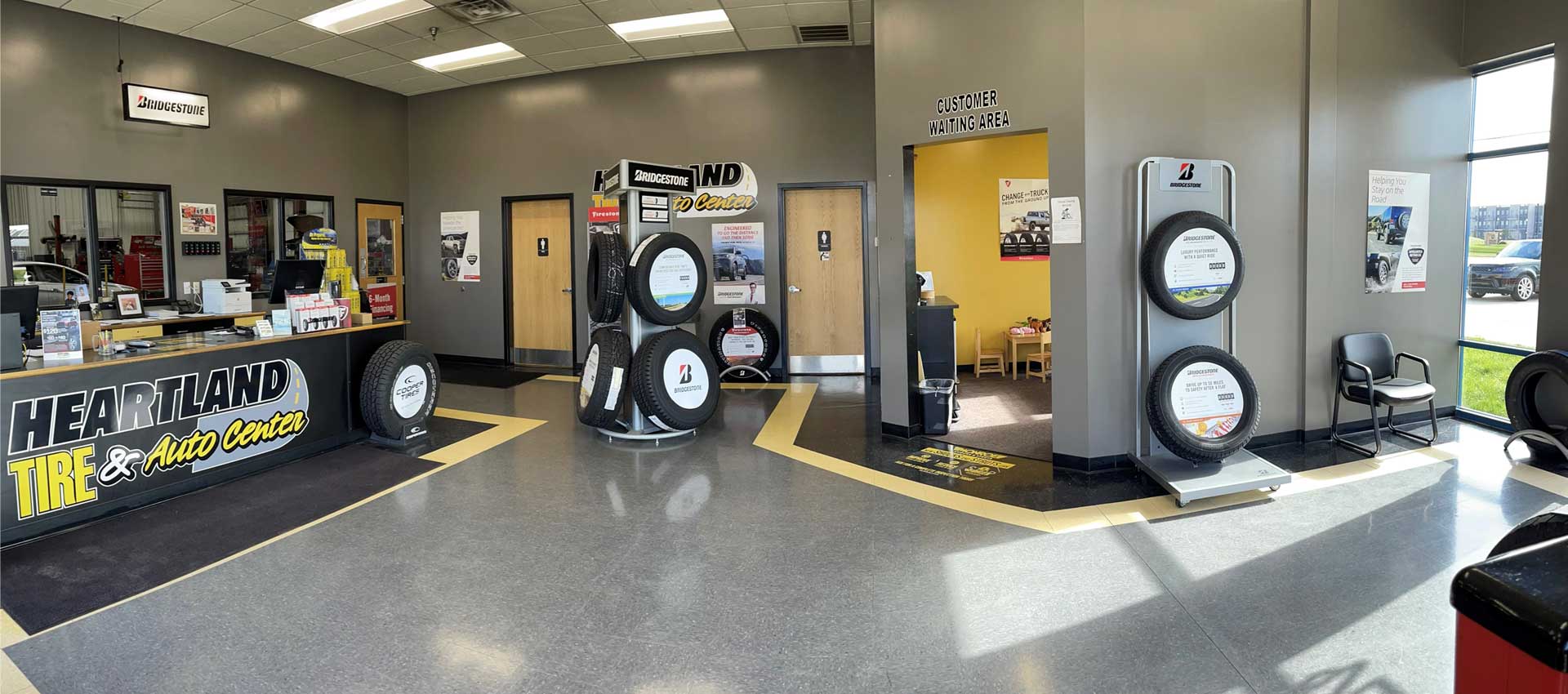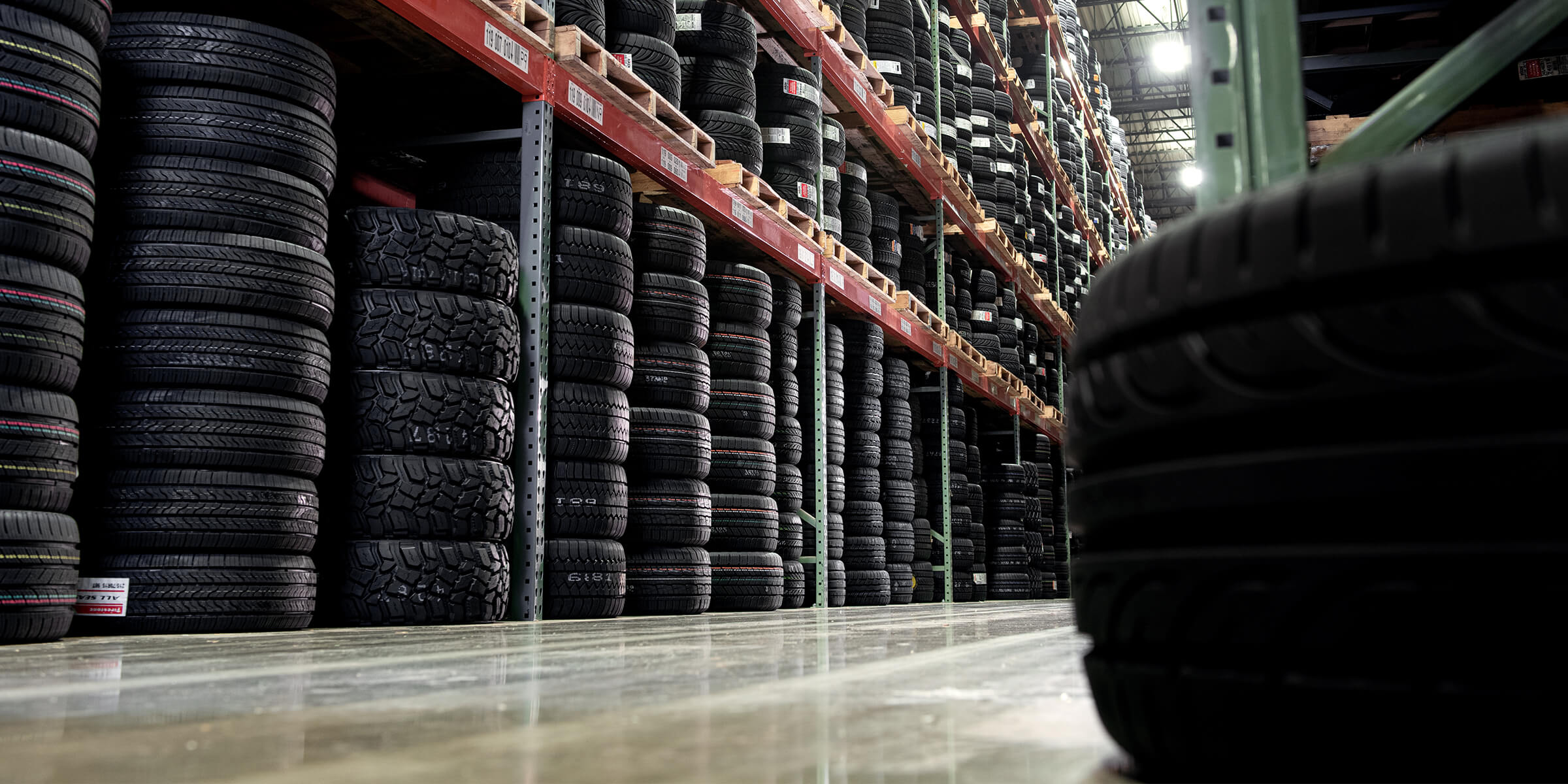Tire Solution: Recognizing Tire Pressure Monitoring Solutions
Recognizing Tire Pressure Surveillance Solutions (TPMS) is an essential aspect of keeping ideal vehicle performance and safety on the road. With advancements in vehicle technology, TPMS has actually become a common feature in contemporary lorries, providing real-time info on tire stress degrees.

Importance of TPMS
The significance of Tire Stress Tracking Systems (TPMS) hinges on their ability to boost automobile safety and security and efficiency through real-time monitoring of tire pressure levels. Preserving the appropriate tire stress is essential for making certain optimal handling, braking, and general security of a lorry. TPMS offers drivers with prompt comments on any underinflated or overinflated tires, enabling prompt adjustments to be made.
Components of TPMS
Making up various crucial aspects, a Tire Stress Monitoring System (TPMS) works as a sophisticated security feature in modern-day cars. The major components of a TPMS include sensors, a control component, and a warning sign. Sensing units are generally situated in the tire valve stem or affixed to the wheel setting up, where they measure tire stress and transmit information to the control component. If it spots substantially reduced stress in any of the tires, the control module procedures this details and activates a caution. The caution indication, typically a sign on the control panel, alerts the chauffeur to inspect the damaged tire or tires. Some progressed TPMS models also present the actual tire pressure analyses for each tire, supplying chauffeurs with real-time details to guarantee optimum tire performance and security. By checking tire pressure continually, TPMS aids protect against mishaps, minimizes tire wear, and improves gas performance, making it a critical part for automobile safety and security and efficiency.
Kinds of TPMS

On the various other hand, indirect TPMS counts on the automobile's wheel speed sensors to check tire stress. This system detects underinflation by comparing the rotational rates of the wheels. Indirect TPMS is much less pricey than straight TPMS, as it uses existing sensing units within the automobile.
While straight TPMS uses extra exact analyses, indirect TPMS is easier in style and commonly calls for much less upkeep. Both systems have their benefits and limitations, and the option between click here for more them often depends on factors such as cost, vehicle make, and individual preference. Understanding the distinctions between these two sorts of TPMS can assist automobile owners make educated choices relating to tire maintenance and safety.
TPMS Maintenance Tips
Efficient upkeep of TPMS is important for guaranteeing optimal performance and safety of your vehicle. On a regular basis checking the TPMS sensors for any kind of damages or rust is essential. Ensure that the sensors are clean and cost-free from particles that might disrupt their functioning. In addition, it is advisable to examine the sensor batteries periodically and replace them as required to ensure precise readings. Conduct regular checks on the tire pressure degrees and compare them with the TPMS analyses to ensure they correspond. If there are any disparities, recalibrate the system complying with the supplier's guidelines. Additionally, during tire rotation or substitute, see to it that the TPMS components are try this site dealt with meticulously to prevent any type of possible damages. If the TPMS cautioning light illuminates on the dashboard, deal with the concern without delay by examining the tire stress and the total system for any type of mistakes. By sticking to these maintenance suggestions, you can prolong the lifespan of your TPMS and enhance the safety of your driving experience.
Advantages of Proper Tire Stress
Preserving proper tire stress, as highlighted in TPMS Maintenance Tips, is important for reaping the countless benefits related to optimum tire pressure degrees. One of the primary advantages of preserving the correct tire stress is improved gas effectiveness. When tires are correctly inflated, there is less moving resistance, causing far better fuel economic situation. In addition, appropriate tire stress guarantees also tire wear, extending the life expectancy of the tires and advertising much safer driving problems. With the right tire stress, vehicles likewise have far better handling and traction, specifically in unfavorable climate conditions. This can boost overall driving efficiency and safety and security for the motorist and travelers. Maintaining optimum tire pressure can add to a smoother and a lot more comfy experience by minimizing vibrations and noise created by underinflated tires. To conclude, the benefits of appropriate tire stress exceed simply tire longevity; they incorporate improved gas performance, improved safety and security, better vehicle performance, and overall driving comfort.
Verdict
To conclude, recognizing tire stress surveillance systems (TPMS) is essential for maintaining optimum tire stress and making certain lorry security. By acknowledging the relevance of TPMS, recognizing with its components, understanding the different types available, adhering to appropriate maintenance suggestions, and realizing the benefits of preserving appropriate tire stress, drivers can improve their driving experience and extend the life-span of click here for more their tires. Appropriate tire stress is essential to risk-free and efficient lorry operation.
